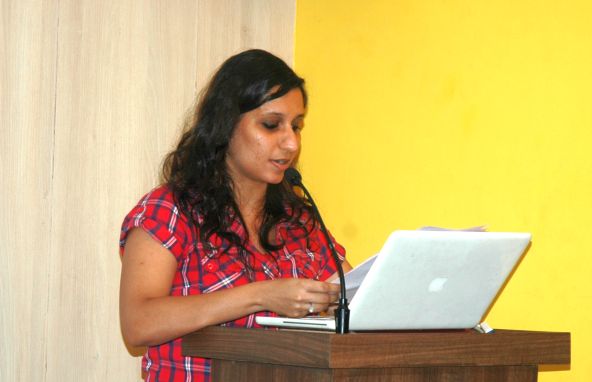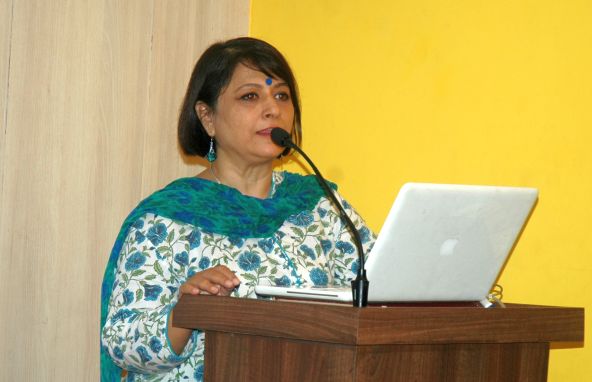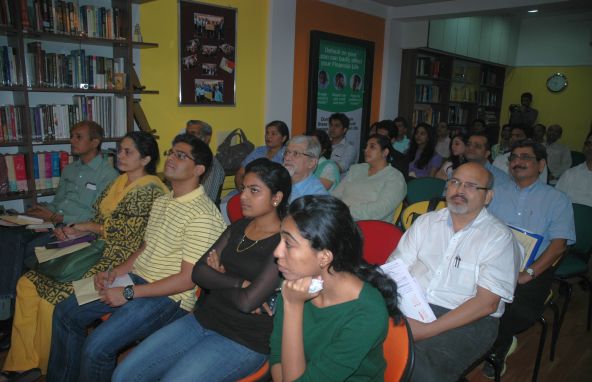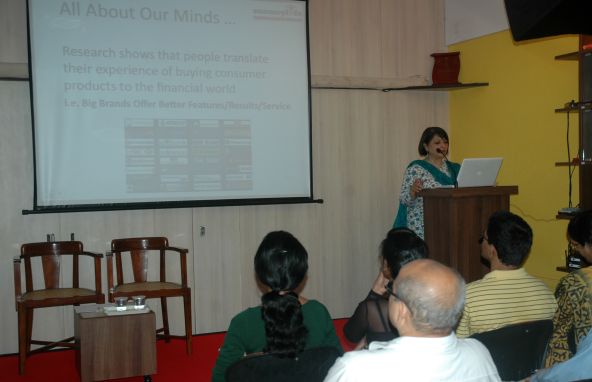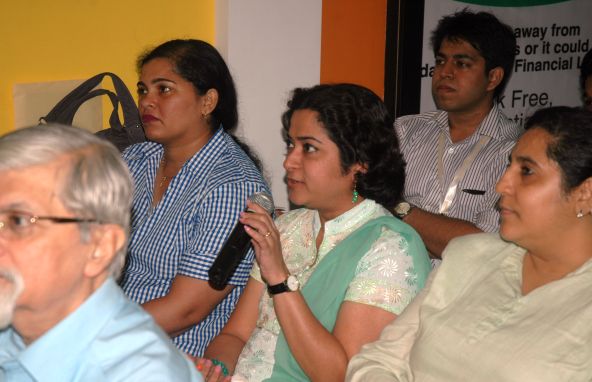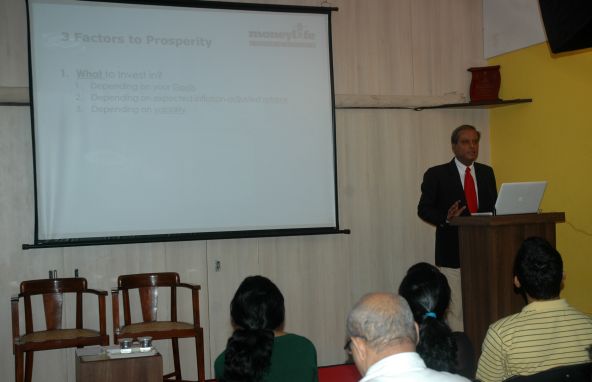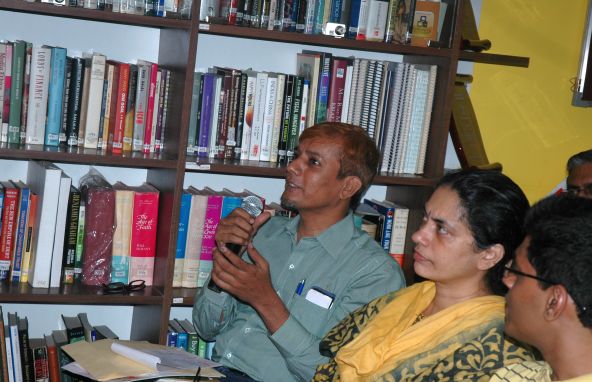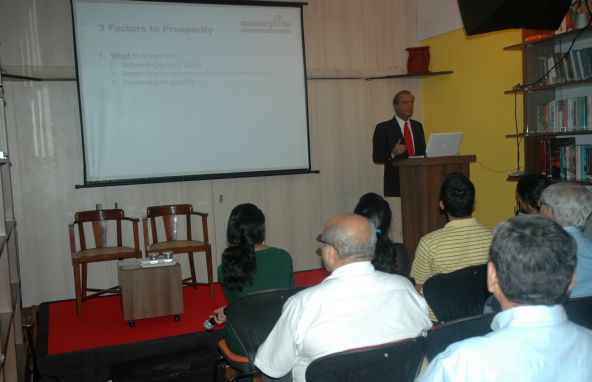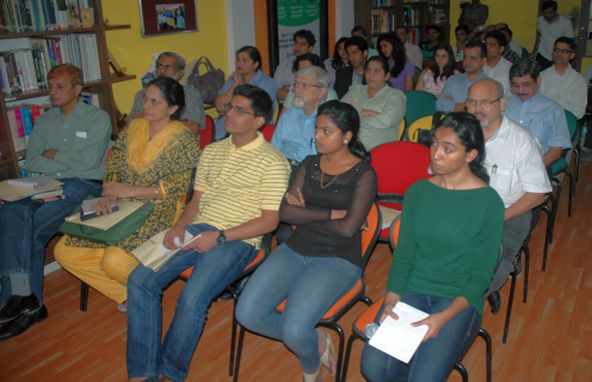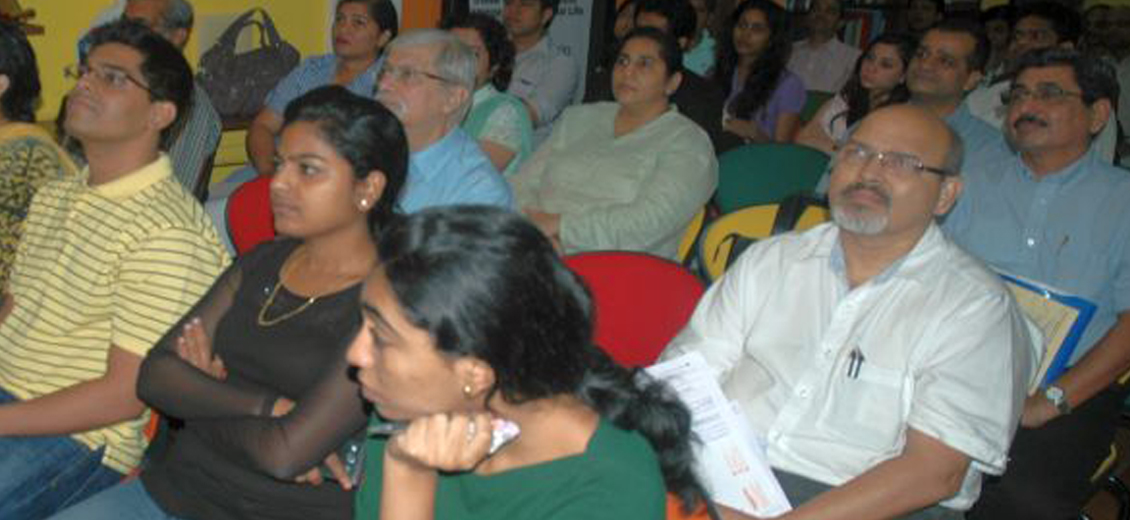
Sucheta Dalal, managing editor of Moneylife, said that one should keep it simple and should invest in just a few products. And the path to a safe future is to choose safe products. When it comes to choosing a bank, Ms Dalal said that government banks are the safest. Small cooperative banks are the ones that go bust most often and should be avoided.
Ms Dalal warned about “ponzi schemes” which aim at fooling people to buy into attractive schemes promising extraordinary returns. She explained that the main problem is that people do not distinguish between purchasing consumer and financial products. They anyway get lured by big names and a strong sales pitch. The trick is to look through the “sales pitch” and not get carried away. Ms Dalal warned that companies like Amway, Tupperware, Herbalife are also examples of pyramid schemes. According to research, less than half the people are able to sell and make money and end up blaming themselves and not the company. These Ponzi/MLM/Pyramid Schemes which operate at every level in the country have succeeded in cheating people from top managers to the poorest people.
One should be careful while investing one’s money in fixed deposits, she said. Bank deposits are usually safe but corporate deposits should be inspected carefully before investing. “Do not go for any deposit which does not have a legitimate credit rating,” said Ms Dalal. And most importantly, if the interest rate offered is 3% higher than bank fixed deposits, one should stay away.
Relationship managers usually work only to earn themselves fat commissions from your investments. Thus, most “relationship managers” resort to mis-selling or hard-selling a product. In order to be safe, one should have all communication documented. Ms Dalal also touched up on an area related to credit cards, insurance and credit scores.
In the second session of the seminar, Mr Basu’s presentation was titled, “Salary Cannot Make You Rich, What Can?” With a short introduction to the young students, on the usual spending patterns, he went on to explain the need to have a clear understanding of your salary outgoings and possible savings.
Debashis Basu spelt out the various ways in which one can be smart with money and presented to the audience the best way in which one can invest safely. The best way to start investing safely is by planning your finances, he said. Mr Basu took the audience through planning concepts by which investors can plan their investments. Examples were shown on how one could use the power of compounding to their benefit. “The best way to invest smartly is to start as early as possible and save as much as possible”, said Mr Basu.
He discussed the example of HDFC Equity fund which has delivered 44 times return over 20 years. If you had invested Rs100,000 in January 1995, guess what the returns were by December 1998, after four years? Minus 7.8%. Enough to frustrate even the die-hard believers.
The lesson is simple: the long term drift of a good quality fund or stock is higher. But the move is never in a smooth way. By nature, stocks move in fits and starts. They also decline sharply if they are overvalued. If you really want to gain from the enormous wealth that stocks and funds can create, you have to understand this and stay patiently invested in a good fund or a bunch of good stocks.
Inflation is the permanent risk and is difficult for one to avoid. The only way to overcome inflation is by smart investing. Savers should avoid trying and timing the market on their own and should stick to regular investing.
The risk involved in various asset classes was explained and how much returns these assets are expected to generate was informed to the participants. How a mix of these assets could be used for different investment horizons to keep you money safe was also discussed.


